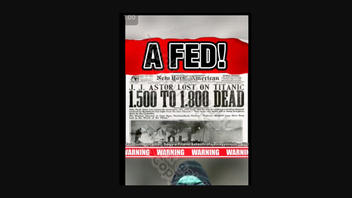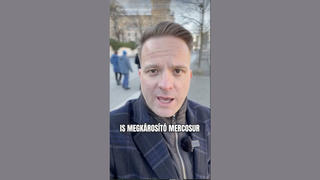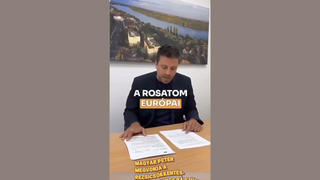
Did saboteurs deliberately sink the Titanic in order to kill off three elite U.S. passengers -- John Jacob Astor IV, Benjamin Guggenheim, and Isidor Straus -- because they were trying to block the creation of the U.S. Federal Reserve System? No, there is no evidence to support this conspiracy theory. None of these three men are known to have opposed the creation of a U.S. central banking system -- indeed, one of them publicly supported it.
The claim, which has been cropping up on the internet since at least 2012, resurfaced in a Hungarian-language video on TikTok on April 14, 2023. The narrator says Astor, Guggenheim and Straus
...had a fortune of $500 million, which would be $11 billion today. These men were so rich that they couldn't be bought by any bank. What did they have in common besides money, power, and opposition to the creation of the FED? They all died on April 15, 1912, when the boat on which they were traveling ran into an iceberg and disappeared into the cold water. Let's leave it at this: The Titanic catastrophe came at a very propitious time. They easily cornered the remaining opposition [to the Federal Reserve]. They bypassed the American Congress. They illegally and unconstitutionally created the FED, and very few people know about this. (Translation by Lead Stories)
Here is a screenshot from the TikTok taken at the time of writing:
 (Source: TikTok screenshot taken on Tue May 9 16:21:28 2023 UTC)
(Source: TikTok screenshot taken on Tue May 9 16:21:28 2023 UTC)
The narrator goes on to insinuate that the people who wanted Astor, Guggenheim and Straus dead were none other than the Rothschilds, the wealthy descendants of 18th century German-Jewish banking magnate Mayer Amschel Rothschild who have been the targets of all manner of anti-Semitic conspiracy theories:
Let's look at the tip of the power pyramid. There, we find the Rothschild family. In short, this family owns almost the entire world. They own every single central bank in the world. The FED is theirs. (Translation by Lead Stories)
The TikTok is correct in saying that Astor, Guggenheim and Straus were all passengers on the Titanic who died after it plowed into an iceberg and sank in the frigid North Atlantic on April 15, 1912. The rest of its claims are broadly unfounded.
Far from opposing the Federal Reserve, Straus urged his peers to "act at once" to devise a national regulatory system that would prevent future financial panics and ensure liquidity in U.S. banks, according to a New York Times article published on October 16, 1911. The U.S. Congress realized this concept in 1913 with the passage of the Federal Reserve Act.
Meanwhile, there is no evidence that Astor or Guggenheim ever took a public position on the Fed, according to a 2018 fact check by The Washington Post. And a 1912 investigation by the U.S. Senate did not offer any proof that someone had intentionally sabotaged the Titanic.
Contrary to the video's data, $500 million in 1913 would be worth $15.4 billion in 2023, not $11 billion, according to the U.S. Bureau of Labor Statistics.
The claim that the Rothschild family owns the Federal Reserve is a "classic antisemitic myth," according to the Anti-Defamation League, a New York-based non-governmental organization that combats anti-Jewish bias.
In fact, the Federal Reserve System is not "owned" by anyone, according to its webpage. Its board of governors, appointed by the president and confirmed by Congress, oversees a decentralized structure of 12 Federal Reserve Banks, each assigned to a specific geographic region.
And even if it were possible for the Rothschilds to own the Federal Reserve, U.S. law would prohibit them from taking profit. The webpage explains:
Some observers mistakenly consider the Federal Reserve to be a private entity because the Reserve Banks are organized similarly to private corporations... Commercial banks that are members of the Federal Reserve System hold stock in their District's Reserve Bank. However, owning Reserve Bank stock is quite different from owning stock in a private company. The Reserve Banks are not operated for profit, and ownership of a certain amount of stock is, by law, a condition of membership in the System. In fact, the Reserve Banks are required by law to transfer net earnings to the U.S. Treasury, after providing for all necessary expenses of the Reserve Banks, legally required dividend payments, and maintaining a limited balance in a surplus fund.













